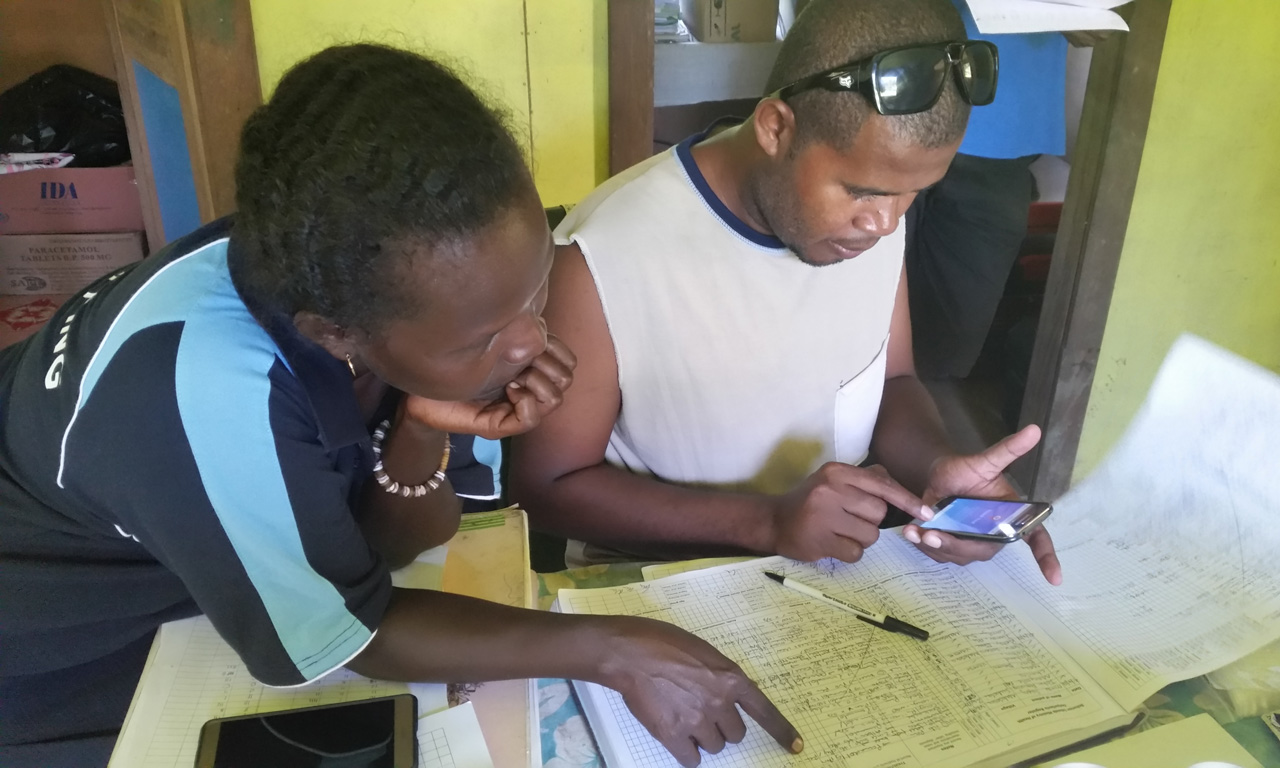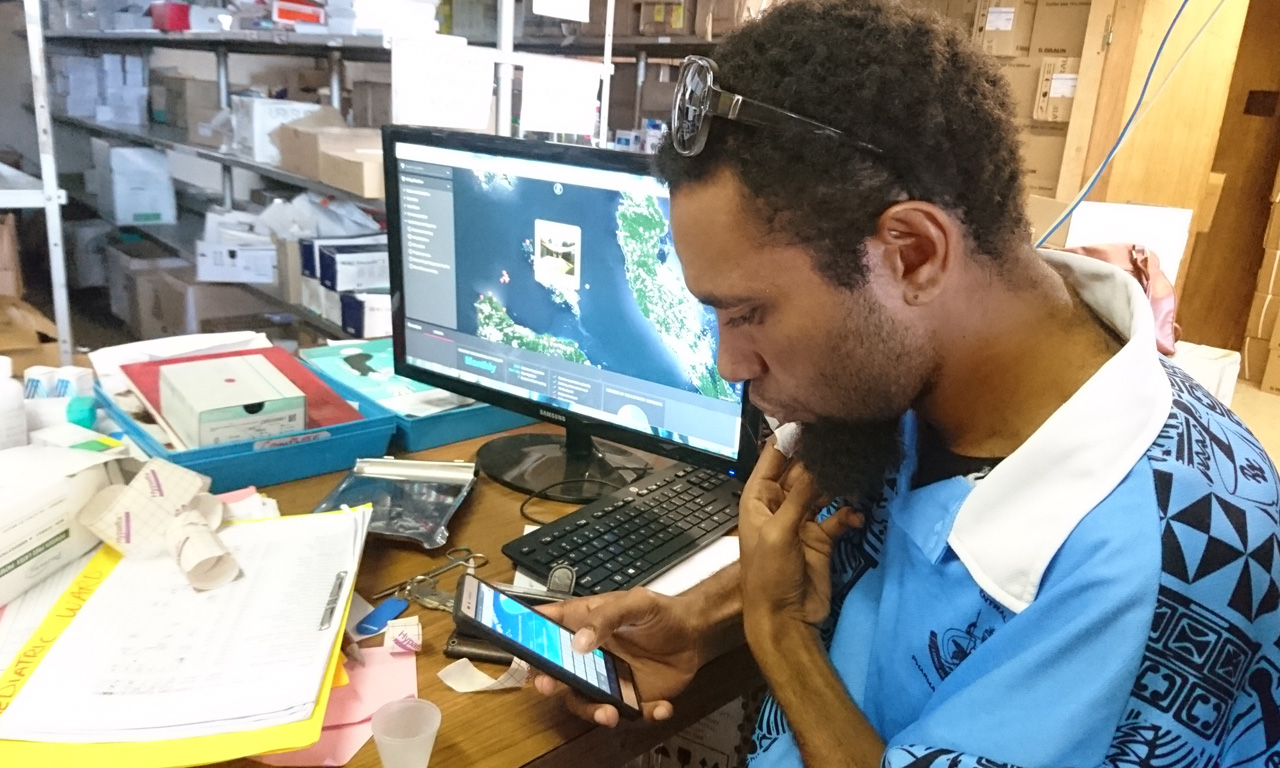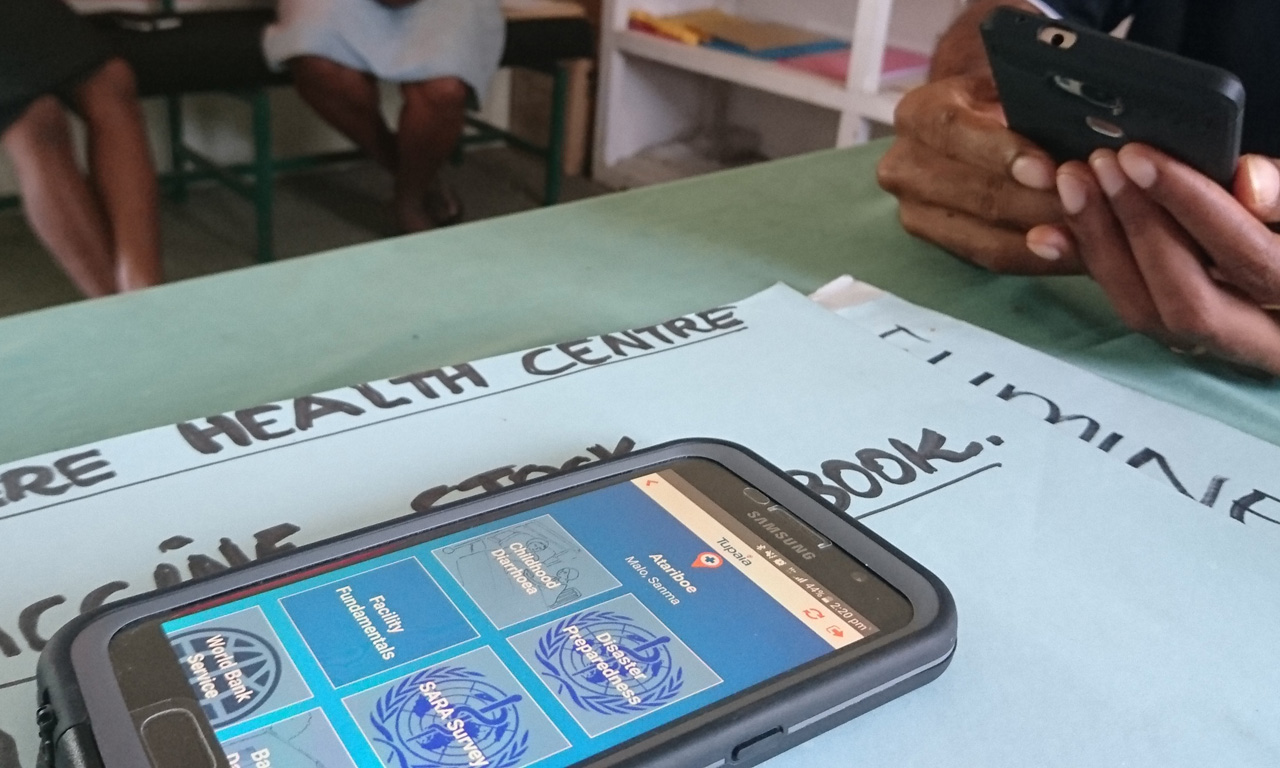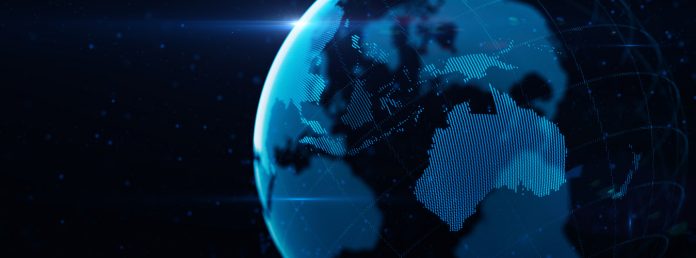A group of Melbourne pharmacists have developed a data aggregation and visualisation platform used for strengthening health supply chains, disaster response and improving health services throughout the South Pacific.
In June, the project won the People’s Prize at the the Australian Public Service Innovation Awards in Canberra.
The tool builds a map of every health facility within the countries that are participating in the project. Currently, six countries have partnered (Solomon Islands, Vanuatu, Kiribati, Cook Islands, Tokelau and Tonga) and that number is expected to grow further in 2018, with potential applications for Australia.
‘Kiribati has seen a 21% increase in the availability of medicines at the primary healthcare level since September 2017, which is a terrific result in a difficult geographic area,’ project member Kahlinda Mahoney said.
 The project is named after Tupaia, a legendary Pacific Island navigator who joined Captain Cook’s crew as he sailed through Tahiti in 1769.
The project is named after Tupaia, a legendary Pacific Island navigator who joined Captain Cook’s crew as he sailed through Tahiti in 1769.
Using an app called Tupaia MediTrak to collect information from public health facilities, the tool syncs this information with data pulled from the pharmacy software used in each country – mSupply, used in about 30 countries around the world.
Tupaia also pulls data from the software used for disease tracking in many countries in the region (using open-source health information software DHIS2) and it presents this information in preconfigured dashboards and map overlays on a public website.
Password-enabled access allows higher-level users to see more data but the public can see the location of facilities, the services they provide and their opening hours. So far, the project has mapped all 600 facilities across the six partner countries.
‘Tupaia can be used for a huge range of programs. For example, it provides a map of the fridges in all the health clinics in Solomon Islands, showing whether they are working or not. This can be used by the national cold chain manager there to help plan their annual maintenance schedule,’ mapping team lead Susie Lake said.
‘The EPI program manager in Vanuatu might use it to map the availability of vaccines and pregnant mums might look up the location of the nearest facility that can handle emergency obstetric situations.’
The project is strongly focused on improving access to essential medicines. In Kiribati, Tupaia worked in partnership with mSupply to roll-out a mobile version of the widely used pharmacy software.
 Ms Mahoney said the current version of mSupply Mobile was launched in 2016 and Australia’s Department of Foreign Affairs and Trade (DFAT) paid for it to be released ‘open-source’ in 2017.
Ms Mahoney said the current version of mSupply Mobile was launched in 2016 and Australia’s Department of Foreign Affairs and Trade (DFAT) paid for it to be released ‘open-source’ in 2017.
‘This meant countries were able to roll it out more quickly and more widely than was possible before, as there are no longer licensing fees attached to it,’ she said.
‘We started this project to strengthen health supply chains in the Pacific, to make sure that medicines were getting to the right people at the right time – but it has grown to include disaster response, disease tracking, infrastructure, HR – it’s exciting but we’re always keen to do more,’ Ms Lake said.
‘There may be application here in Australia, particularly with recent commentary and events around medicines and vaccine stock-outs but we’ll just have to wait and see.’
Now 12 months old, the Tupaia project has been funded by the innovationXchange, part of the aid program at Australia’s DFAT. The focus on essential medicines in the region comes at a time when antimicrobial resistance, counterfeit medicines and medicines shortages are being recognised as serious regional health threats.




 Professor Margie Danchin[/caption]
Professor Margie Danchin[/caption]

 Dr Peter Tenni[/caption]
Dr Peter Tenni[/caption]
 How should we deprescribe gabapentinoids, according to the Maudsley Deprescribing Guidelines[/caption]
How should we deprescribe gabapentinoids, according to the Maudsley Deprescribing Guidelines[/caption]



 Pharmacists have always prescribed, but they have the potential to prescribe much more
Pharmacists have always prescribed, but they have the potential to prescribe much more







